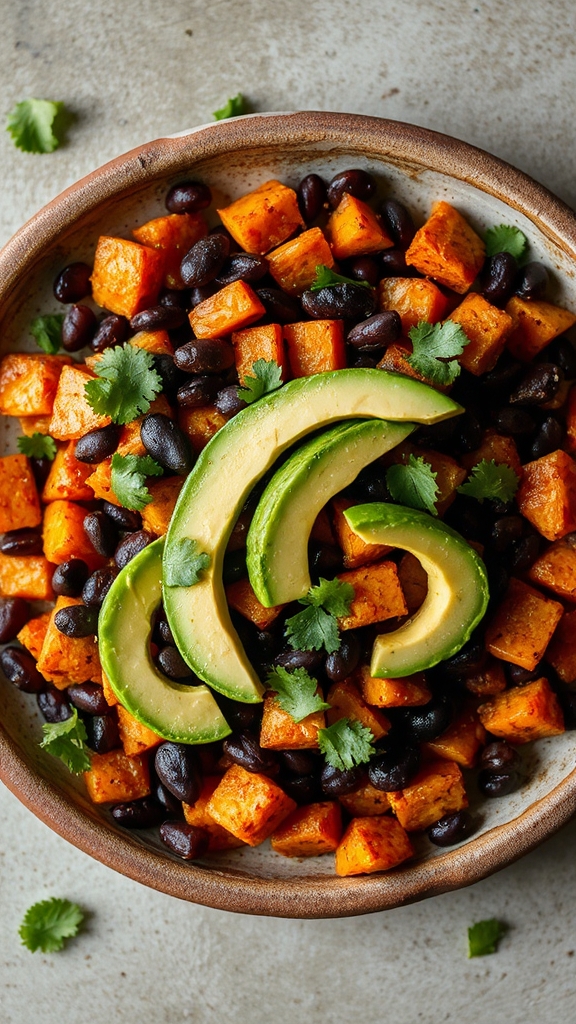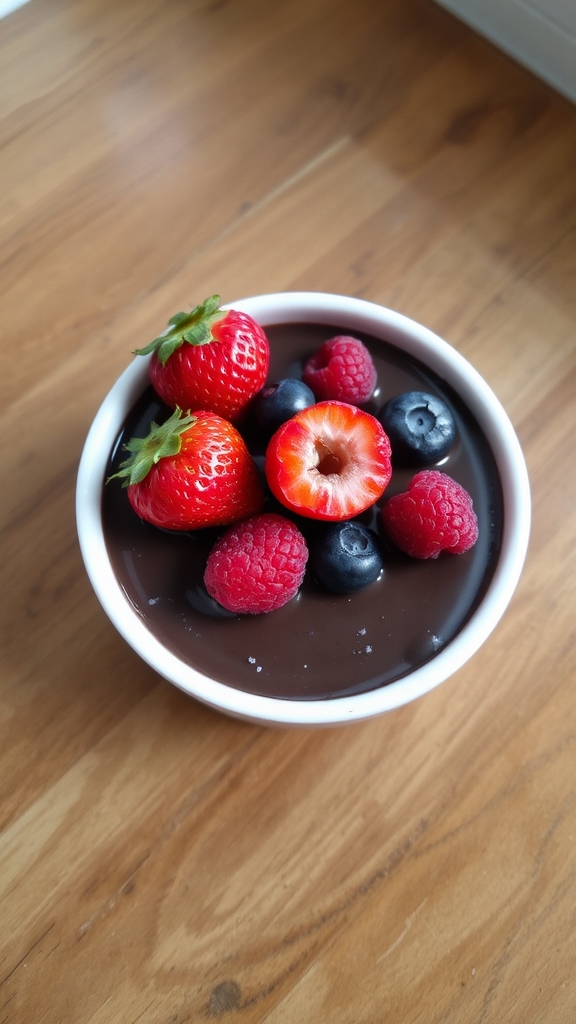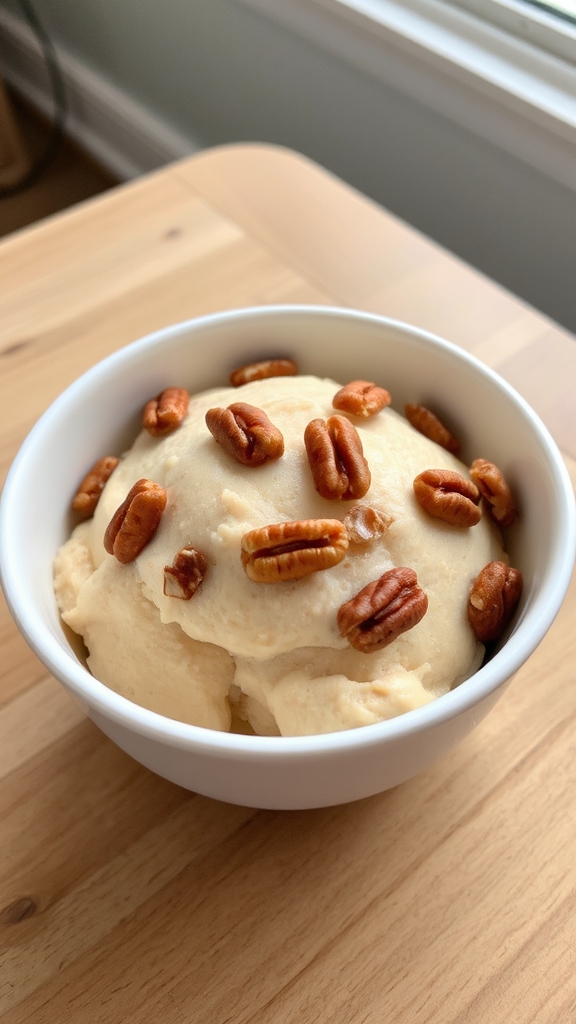Frozen Lemonade – Rhode Island: Lemonade, Frozen, Tangy
Savor the tangy secrets of Rhode Island's frozen lemonade—discover how this icy treat tantalizes taste buds and more.

Rhode Island Origins
Rhode Island’s frozen lemonade emerged in the late 19th century, rooted in the state’s vibrant coastal culture.
Origin myths often involve legendary sailors sharing secrets of frozen treats from exotic voyages, while historical figures like seaside vendors and inventive local entrepreneurs popularized the concoction.
These tales and innovators blended folklore with practicality, cementing its status as an invigorating regional icon.
Essential Ingredients
At the core of frozen lemonade’s appeal in Rhode Island are a handful of simple yet essential ingredients that blend to create its signature refreshment.
Fresh lemons, with a rich ingredient history tracing back to ancient Mediterranean cultivation, provide the tangy core.
Sugar, historically refined from sugarcane for sweetness, balances acidity.
Nutritionally, lemons offer high vitamin C for immune health, while the mix delivers low-calorie hydration and antioxidants for a healthful twist.
Cooking Steps
With the essential ingredients in hand, preparing frozen lemonade proceeds through a straightforward sequence of steps.
The Recipe Sequence begins by juicing fresh lemons and dissolving sugar in water to form a syrup.
In the Step Breakdown, combine the lemon juice with the syrup, chill the mixture, add ice, and blend until it achieves a smooth, icy texture, capturing Rhode Island’s tangy essence.
Serving and Pairing Suggestions
Frozen lemonade, with its tangy Rhode Island flair, shines through thoughtful serving techniques that elevate its cool, citrusy appeal.
In this section, we explore serving and pairing suggestions to make your experience memorable.
To maximize enjoyment, consider these:
- Creative Garnishes: Add fresh mint or lemon twists for vibrant visual and flavor enhancement, amplifying the tangy notes.
- Seasonal Pairings: Pair with summer berries for a fresh twist or autumn apples for warm contrast, creating harmonious flavors.
- Serving Styles: Present in chilled glasses to preserve the frosty texture, ensuring an invigorating bite.
- Complementary Options: Combine with light snacks like salads to balance the citrusy intensity effectively.
Tips and Variations
Exploring variations of frozen lemonade can enhance its appeal, building on serving ideas to introduce fresh innovations.
These tips incorporate party ideas and gift suggestions for a delightful twist.
- Incorporate party ideas by serving layered flavors in themed cups, engaging guests with interactive stations.
- Offer gift suggestions like DIY frozen lemonade kits, perfect for personalized presents.
- Experiment with herbs such as basil for an invigorating, aromatic variation.
- Adjust tartness levels using Rhode Island lemons, creating balanced, customizable treats.
Tangy Frozen Alternatives
While traditional frozen lemonade remains a staple in Rhode Island, tangy frozen alternatives offer invigorating twists using local ingredients like berries and citrus.
These variations embrace seasonal trends and cultural influences for enhanced flavors.
- Seasonal Trends: Incorporate fresh summer berries to reflect availability and peak taste.
- Cultural Influences: Blend Rhode Island’s citrus heritage for authentic, zesty profiles.
- Innovation: Mix in local herbs to amplify tanginess and regional identity.
- Adaptation: Align with festivals to foster community traditions and enjoyment.
Troubleshooting
Even when experimenting with tangy frozen alternatives, such as those incorporating local berries and citrus, makers of frozen lemonade in Rhode Island often encounter issues like inconsistent textures or flavor imbalances.
To troubleshoot, address blender issues by checking for blade wear or motor strain to achieve smooth consistency.
Storage problems, such as freezer fluctuations, can degrade tanginess; use sealed containers and monitor temperatures to maintain quality and prevent spoilage.
Conclusion
Finally, the journey through frozen lemonade in Rhode Island highlights its blend of tangy traditions and innovative adaptations, from seasonal berry infusions to effective troubleshooting strategies, ultimately fostering a vibrant culinary staple that captivates locals and visitors alike.
In the Author’s Note and Closing Remarks, this invigorating treat embodies the state’s inventive heritage, encouraging enthusiasts to embrace its tangy evolution and ongoing delights.
Frequently Asked Questions
How Long Can Frozen Lemonade Be Stored in the Freezer?
The question of how long frozen lemonade can be stored in the freezer involves freezer duration and effective storage methods. Properly sealed in airtight containers at 0°F or below, it typically lasts 2-3 months, preserving tangy flavors and quality for invigorating enjoyment.
Is This Recipe Suitable for People With Allergies?
Like a stealthy intruder in the night, allergies pose unforeseen risks. The question of this recipe’s suitability for those with allergies involves exploring Allergy Alternatives and implementing Reaction Prevention measures to guarantee safer consumption options.
What Are the Potential Health Benefits of Frozen Lemonade?
The potential health benefits of frozen lemonade include a nutrient profile rich in vitamin C for immune support and antioxidant properties, alongside an energy boost from natural sugars, making it an invigorating, hydrating option for daily energy.
Can Frozen Lemonade Be Shipped Internationally?
Shipping frozen lemonade internationally involves handling customs regulations, managing shipping logistics, and maintaining temperature integrity. While feasible with proper planning, compliance with import restrictions guarantees safe, successful delivery across borders.
How Does the Cost of Ingredients Vary by Season?
The cost of ingredients varies by season through Seasonal Pricing and Ingredient Fluctuations, where demand and supply dynamics cause prices to fluctuate. For instance, fresh produce often becomes pricier off-season, while peak harvests lower costs, impacting budgets and planning.

Hi There! I'm Stephanie Miller: Elementary teacher from Columbus, OH sharing grandma's treasured American recipes! 50 years young, yoga enthusiast & kitchen storyteller. Welcome to my food family! 🍰❤️













